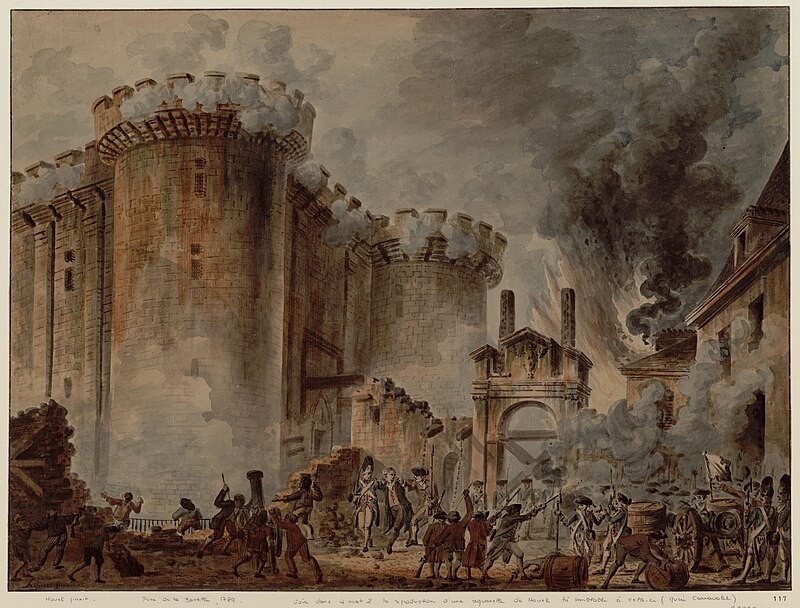The French Revolution, a period of radical social and political upheaval in late 1700s France, dramatically reshaped the country’s landscape and reverberated across Europe. Lasting from 1789 to 1799, it culminated in the rise of Napoleon Bonaparte, but its roots lay deep within the fabric of French society. Understanding why the French Revolution started requires examining a confluence of factors that created a perfect storm of discontent and ultimately ignited the flames of revolution.
Several interconnected issues propelled France towards revolution. French society in the late 18th century was rigidly stratified under the Ancien Régime, a system characterized by three Estates. The First Estate was the clergy, the Second the nobility, and the Third Estate encompassed everyone else – from wealthy merchants to impoverished peasants. This system was inherently unequal; the First and Second Estates enjoyed significant privileges, including exemption from most taxes, while the burden of taxation fell disproportionately on the Third Estate. This social inequality fueled resentment and a sense of injustice among the common people.
 Storming of the Bastille
Storming of the Bastille
Adding to the social tensions was a severe economic crisis. Decades of extravagant spending by the French monarchy, particularly King Louis XVI and his predecessors, had plunged the nation into deep debt. France’s involvement in costly wars, such as the American Revolution, further exacerbated the financial strain. Mismanagement of state finances, coupled with poor harvests and rising bread prices, led to widespread economic hardship and famine, especially among the Third Estate. People were starving, and the stark contrast between their poverty and the opulence of the aristocracy intensified their anger.
Alt: Portrait of King Louis XVI in coronation robes, highlighting the French monarchy’s perceived extravagance and detachment from the common people’s suffering during the pre-revolution era.
Political ineptitude also played a crucial role. King Louis XVI was seen as a weak and indecisive ruler, unable to address the mounting problems facing France. The French monarchy was an absolute monarchy, concentrating power solely in the hands of the king, with little to no representation for the people. The perceived corruption and inefficiency of royal officials further eroded public trust in the government. The lack of political voice for the Third Estate, combined with the monarchy’s inability to enact meaningful reforms, created a sense of political frustration and powerlessness.
Finally, the Enlightenment ideas sweeping across Europe provided the intellectual framework for revolution. Thinkers like John Locke, Montesquieu, and Rousseau championed concepts of natural rights, separation of powers, and popular sovereignty. These ideas resonated deeply with the discontented Third Estate, offering a vision of a society based on equality, liberty, and fraternity. The Enlightenment provided the philosophical justification for challenging the existing social and political order, inspiring calls for reform and revolution.
In summary, the French Revolution was not caused by a single factor but by a complex interplay of social, economic, and political issues, amplified by the intellectual currents of the Enlightenment. Social inequality, economic hardship, political mismanagement, and Enlightenment ideals converged to create an environment ripe for revolution. The storming of the Bastille in July 1789 served as the spark that ignited years of upheaval, ultimately transforming France and leaving an indelible mark on world history. This period saw the collapse of the Estates-General as the Third Estate formed the National Assembly (June 1789), the establishment of the French Republic (September 1792), the radical Reign of Terror (1793-1794), and eventually the rise of Napoleon Bonaparte (1799), marking the end of the revolution and the beginning of a new era for France and Europe.